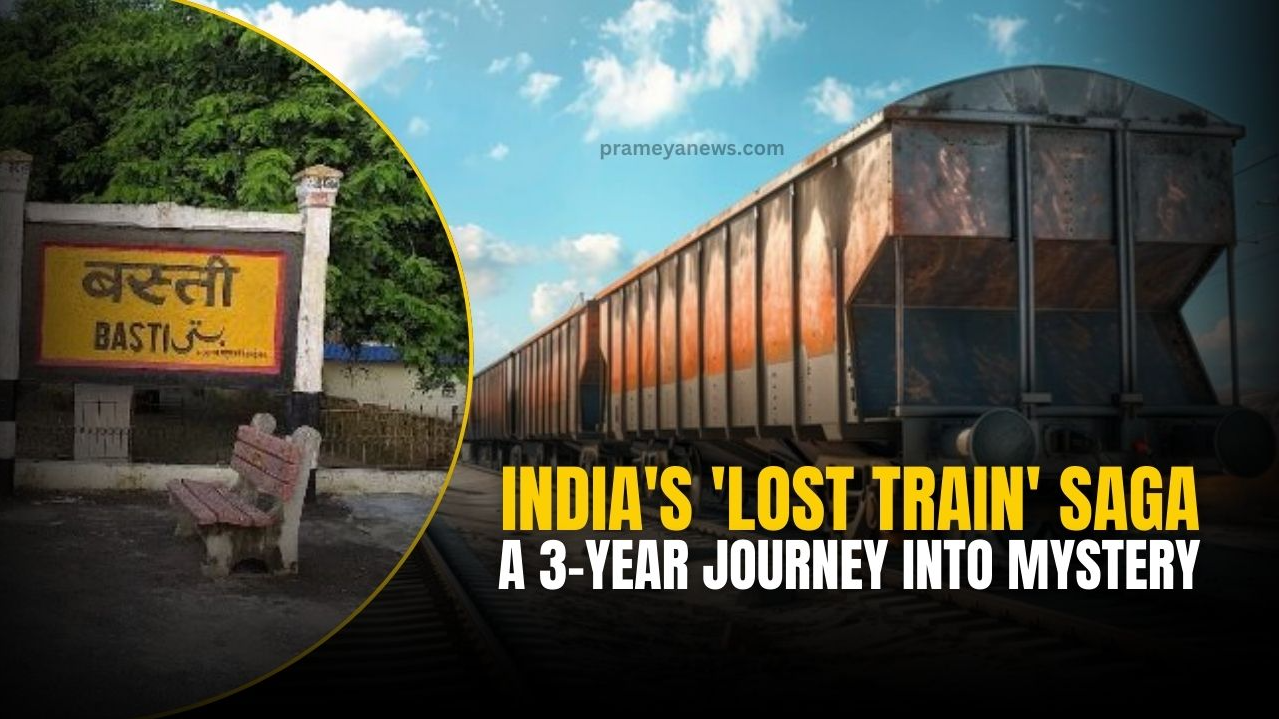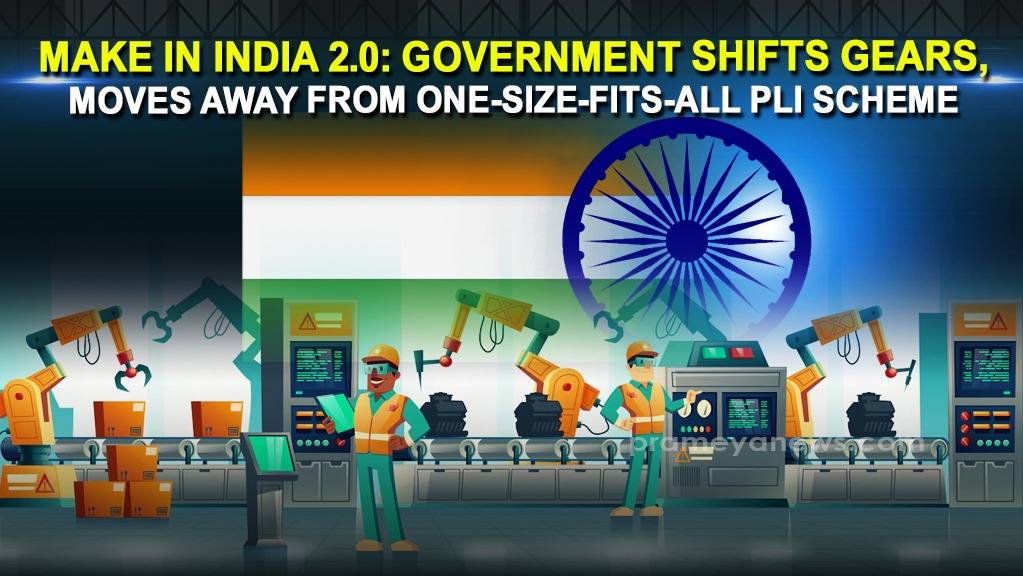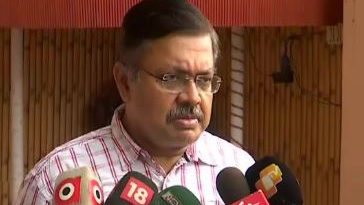While train delays are a common gripe among Indian rail passengers, one freight train's journey went beyond any imaginable delay, taking a staggering three years and eight months to reach its destination. This extraordinary incident, involving a consignment of fertilizer that essentially vanished from the radar for years, has become a bizarre legend in the annals of Indian railway history.
The vanishing train:
In November 2014, businessman Ramchandra Gupta booked a goods wagon to transport 1,316 bags of Di-ammonium Phosphate (DAP) fertilizer, worth over Rs 14 lakhs, from Visakhapatnam to Basti in Uttar Pradesh. The journey, typically a 42-hour trip, turned into an odyssey spanning years.
Timeline of delays and frustration:
- November 2014: The train departs Visakhapatnam as scheduled but fails to arrive in Basti.
- Late 2014 - Mid 2018: Gupta makes repeated inquiries and files complaints with railway authorities, but the train's whereabouts remain unknown.
- July 2018: The train carrying the fertilizer finally arrives at Basti railway station, over three and a half years late. The fertilizer is rendered useless due to the extended delay.
Searching for answers:
The reasons behind this unprecedented delay remain shrouded in mystery. Railway officials attributed it to the wagon possibly being declared "sick" (unfit for transport) and shunted to a yard, but no clear explanation was provided for the years-long disappearance. The lack of transparency and accountability raised concerns about logistical management and communication within the railway system.
Impact and implications:
This incident highlights several critical issues:
- Logistical challenges: The inability to track a train for over three years exposes potential weaknesses in the railway's tracking and management systems.
- Lack of accountability: The lack of clear answers and responsibility for the delay raises questions about accountability within the railway system.
- Financial losses: The incident resulted in significant financial losses for the consignee, who received a shipment of unusable fertilizer years after its expected delivery.
The story of India's most delayed train serves as a stark reminder of the challenges that can plague even a vast and complex railway network like India's. While this incident may be an outlier, it underscores the importance of continuous improvement in logistics, communication, and accountability within the railway system. Furthermore, it highlights the need for effective mechanisms to address grievances and ensure timely resolution of such issues in the future.



















































